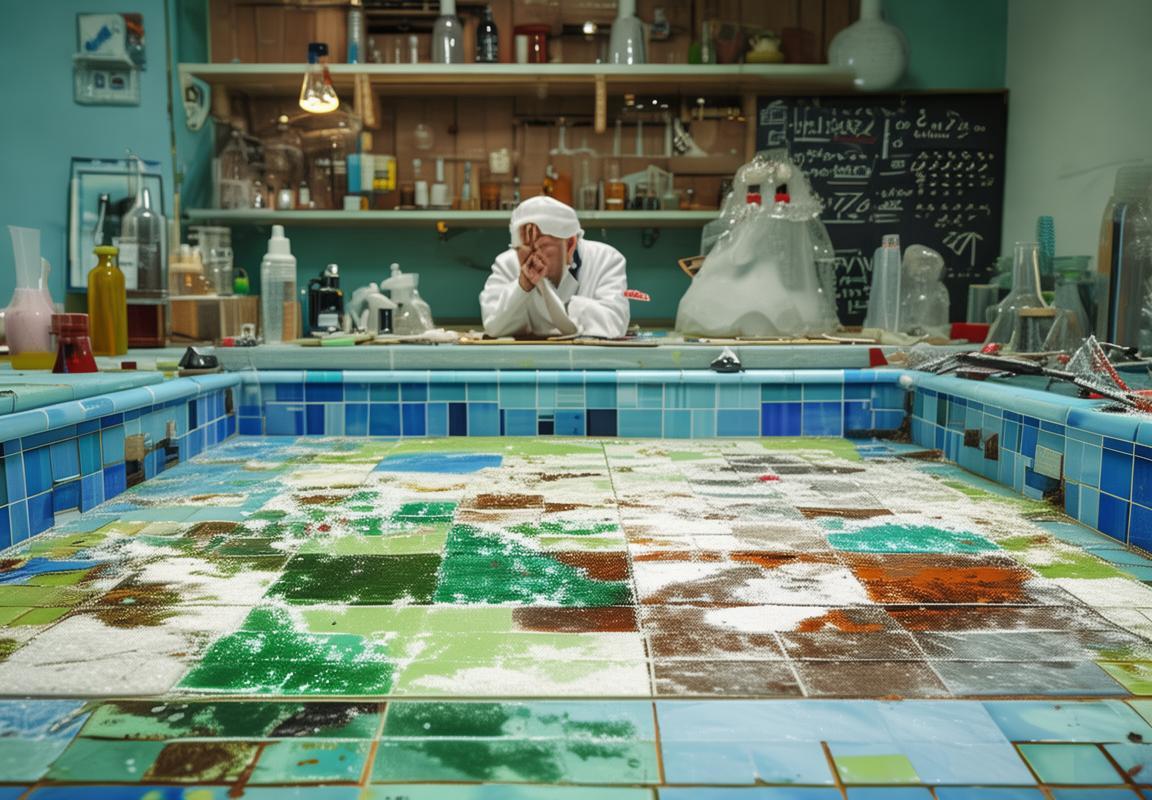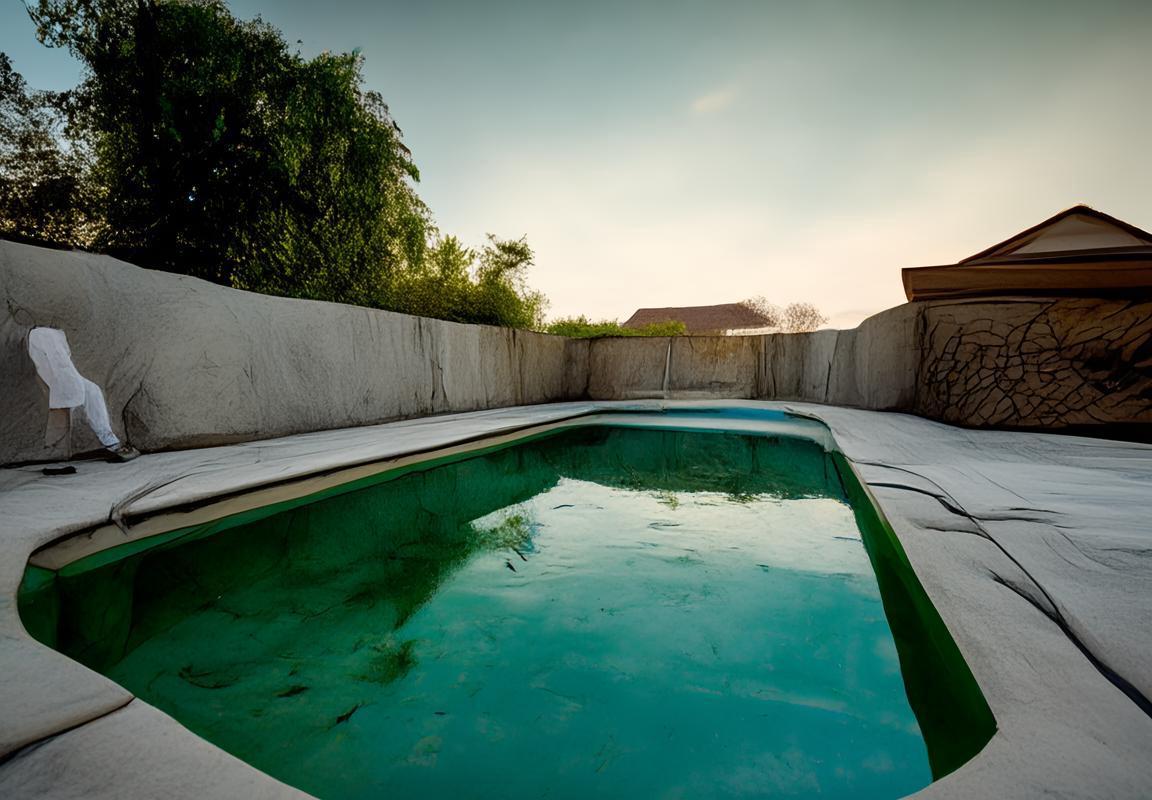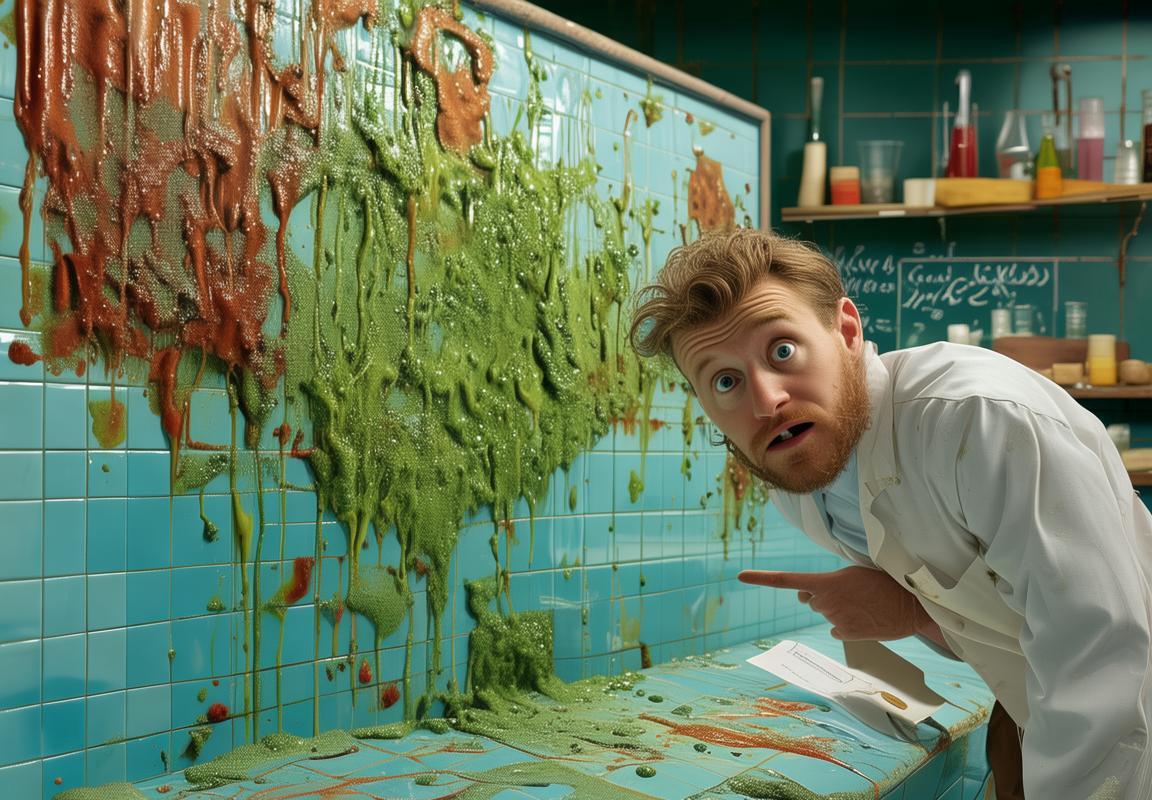Pool Tile Cleaner Guide: Best Methods for Pool Tile Cleaning & Calcium Scale Removal
Pool tile cleaning doesn’t have to be a backbreaking chore if you know what you’re dealing with. That chalky white crust? That’s calcium scale, a nightmare caused by hard water and high pH. For calcium scale removal, acid-based pool tile cleaners like CLR Pool & Spa work fast—but don’t leave them on too long, or they’ll eat your grout. The slimy green gunk? That’s biofilm, and enzyme-based cleaners (like ScumBugs) break it down without harsh scrubbing. Rusty streaks? Citric acid or metal sequestrants are your go-to. Avoid cheap “all-in-one” solutions—they’re useless for serious stains. The right tools matter too: nylon brushes for delicate tiles, pumice stones (unglazed only), and electric scrubbers like the PoolBlaster Max save time and effort. For maintenance, run a Magic Eraser along the waterline weekly and toss in a tile-cleaning tablet monthly. The golden rule? If your tiles stay dirty, test your water chemistry—high pH or low sanitizer levels are likely the root cause. Pool tile cleaning is about smart prevention, not endless scrubbing. Stop wasting money on gimmicks and match the cleaner to the stain. Your tiles—and your back—will thank you.



